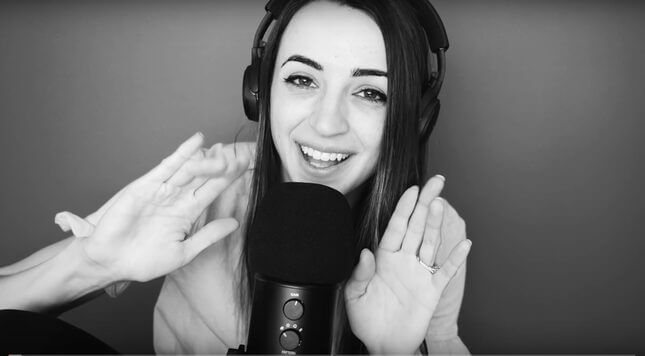The Women of ASMR Have to Become Experts in Cybersecurity to Protect Themselves From Creeps
Latest

A new article from the New York Times Magazine details the decade-long history of ASMR, or Autonomous Sensory Meridian Response, tracing the trajectory from a small Facebook group of dedicated tinglers to a massive pop culture phenomenon. In the latter half of the piece, writer Jamie Lauren Keiles goes shopping with Gibi ASMR, one of the most popular ASMR purveyors on YouTube with over 1.8 million subscribers, and they discuss what has long flown under the radar: most of the vloggers who perform ASMR are young women who need to protect themselves from commenters and stalkers—those whose interest in ASMR goes beyond an innocent desire to be lulled to sleep or otherwise by pleasant sounds.
Gibi, who refuses to publish her last name, tells Keiles, “I’ve learned a lot about cybersecurity. If you ever want to start a YouTube channel, delete everything, and then go back and delete more. Make everything private. Act like you have five million subscribers when you’re starting, because you can’t go back… People are naturally curious. They can look up if it’s raining where I am.”
-

-

-

-

-

-

-

-

-

-

-

-

-

-

-

-

-

-

-

-

-

-

-

-

-

-

-

-

-

-

-

-

-

-

-

-

-

-

-

-








































